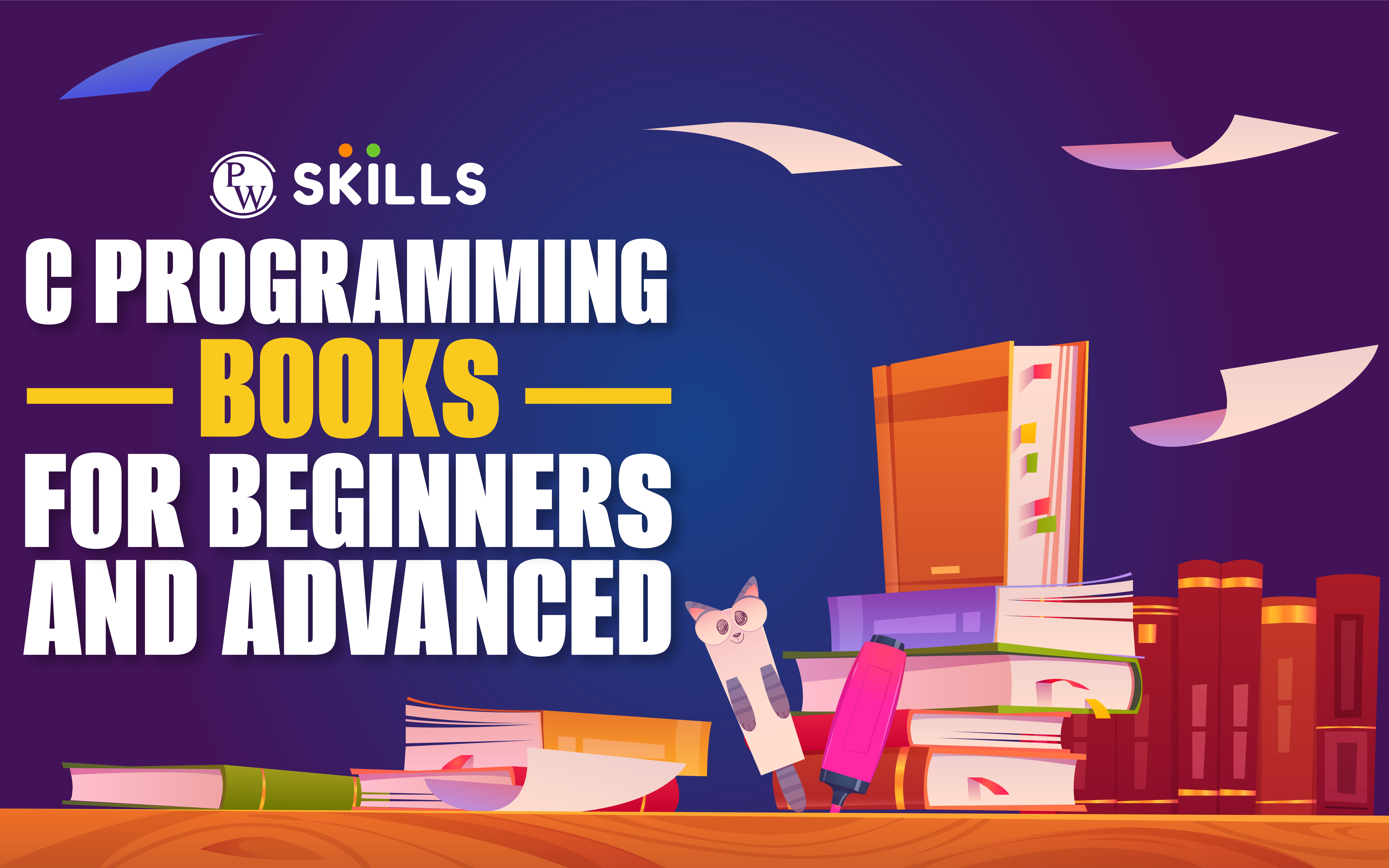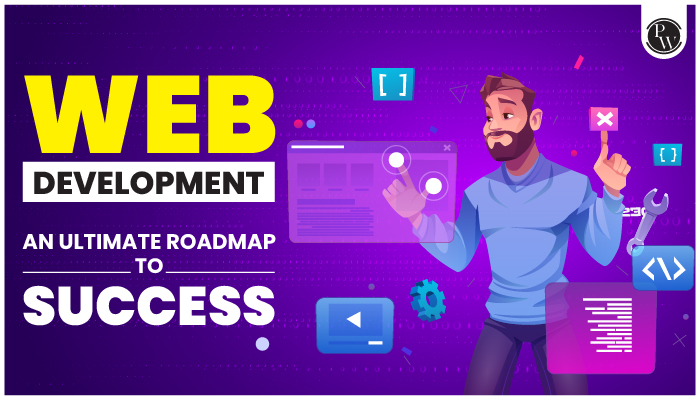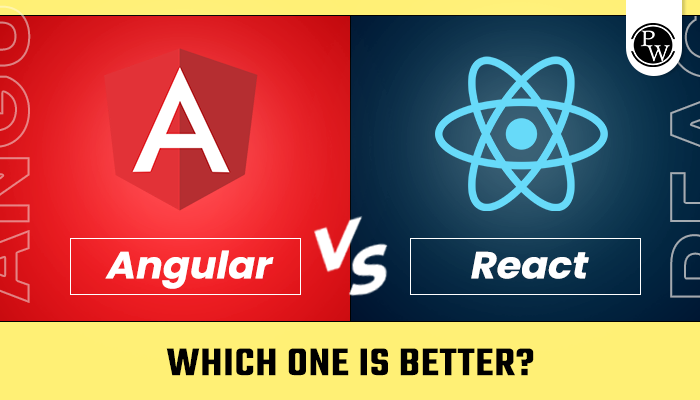C Programming Books are your go-to source to master the basics and advanced concepts of C language. Learners can also download the best C programming book PDF.
C Programming Books: Are you looking to learn C programming but struggling with where to start? Maybe you’ve learned some basics of the language already but need an extra boost. You’re not alone – C programming can be confusing, and locating the best resources for your effort isn’t always easy.
That’s why we are here: to help guide you through finding particular books that will meet your learning needs while giving a good sense of structure along the path of mastering this versatile language.
We have gathered together some best C programming books for beginners to advanced, all the way up to advanced concepts and applications — so regardless of what stage in learning you are at; there is something here for everyone! You can also download C programming books PDF to get instant access.
If you are looking to learn C programming, then C++ with DSA course are best for you. PW courses help you to master the basics and advanced concepts of C programming language. You must use the “READER” coupon to get amazing discounts on PW courses.
Also read: C Programming Examples for Beginners With Solutions & Output
Best C Programming Books for Beginners
Below is the list of the best book for C programming for beginners. You can also download C programming books for beginners PDF to get instant access!
1) “C Programming Absolute Beginner’s Guide”
Designed for absolute beginners, this guide by Greg Perry and Dean Miller is an ideal starting point for those new to coding. It covers the basics of programming in C, making it easy for readers who have never written code. The book introduces essential concepts such as variables, I/O, operators, pointers, functions, and arrays with step-by-step explanations and code examples.
- Author: Greg Perry and Dean Miller
- Book Highlights: The book emphasizes building a solid foundation in C programming, ensuring readers understand the syntax and logic behind coding.
2) “The C Programming Language (2nd Edition)”
This classic book, authored by Brian Kernighan and Dennis Ritchie, provides a thorough foundation for learning how to write efficient and effective code in C. It covers the language’s syntax and standard library, offering insights into writing maintainable programs. The second Edition is updated to reflect the latest features and includes new data structures, algorithms, and object-oriented programming material.
- Authors: Brian Kernighan and Dennis Ritchie
- Book Highlights: A timeless classic, this book is an excellent introduction to programming, covering C fundamentals and its relevance in today’s programming landscape.
3) “Low-Level Programming: C, Assembly, and Program Execution”
- Author: Igor Zhirkov
For those eager to delve into Intel 64 architecture, Igor Zhirkov’s book is a valuable resource. Covering the latest C language version and assembly language from the fundamentals, it guides readers through the entire path from program execution to source code.
The book includes insights into ELF object files’ static and dynamic linking through coding examples and exercises. Additionally, readers can explore performance-enhancing techniques such as pre-fetching and SSE instructions. Beyond programming, the book delves into significant Computer Science topics, including models of computation and formal grammar.
4) “Learn C the Hard Way”
Authored by Zed Shaw, this book focuses on imparting essential skills that early and junior programmers need. It covers secure coding, automated testing, debugging, memory allocation, data structures, and more. Zed Shaw, an experienced software engineer, shares his insights on learning C correctly, emphasizing common mistakes to avoid.
- Author: Zed Shaw
- Book Highlights: Ideal for beginners, the book addresses vital aspects of C programming and offers valuable guidance on effectively learning the language.
5) “Head First C”
David and Dawn Griffiths present “Head First C” as a beginner-friendly guide for those new to C programming. The book starts with the basics, covering data types, control flow, and programming techniques. It then delves into the language, exploring functions, variables, structures, and arrays. Aimed at absolute beginners, the book provides a solid foundation for understanding and mastering C.
- Authors: David Griffiths and Dawn Griffiths
- Book Highlights: Incorporating the Head First series’ interactive learning approach, the book uses analogies and visuals to help readers grasp C programming concepts effectively.
Also read: 75 Basic Programming Problems and Tutorials for Practice
6) “Hands-on Network Programming with C”
- Author: Lewis Van Winkle
“Hands-On Network Programming with C” is essential for programmers seeking a comprehensive understanding of networking concepts, including hostname resolution with DNS and more. This book is a practical learning resource, covering crucial networking protocols like UDP and TCP and introducing techniques such as peer-to-peer models and client-server interactions.
Including real-life examples makes complex subjects accessible, fostering a deeper understanding from client and server perspectives. The book focuses on building proficiency in implementing new network programs using C, providing practical insights into client-server applications.
7) Computer Fundamentals and Programming in C
Author Name – Reema Thareja
“Computer Fundamentals and Programming in C” is a comprehensive guide that delves into computer fundamentals and C programming. Authored by Reema Thareja, the book aims to equip readers with a solid understanding of computer operations and the essentials of C programming. Covering a broad spectrum, it addresses programming basics, program design, data types, control structures, functions, input-output, loops, arrays, strings, pointers, data structures, recursion, and Exception Handling. Geared towards beginners, the book employs real-world programming examples to simplify complex concepts.
Book Highlights:
- Beginner-Friendly: Tailored for those with no prior programming knowledge.
- Comprehensive Content: Covers fundamental and advanced topics in C programming.
- Real-World Examples: Uses practical programming examples to illustrate complex concepts.
- Structured Chapters: Divided into 22 chapters with sub-chapters for organized learning.
- Topics Covered: Basics of C programming, data types, control structures, functions, and more.
8) C: The Complete Reference
Author Name – Brian W. Kernighan and Dennis Ritchie
Often hailed as the quintessential language for system programming, C is extensively covered in this book, providing a profound, thorough, and pragmatic introduction to the language. The initial half delves into various facets of C, encompassing its history, philosophy, syntax, semantics, data types, control flow, functions, arrays, strings, and modules. The latter portion concentrates on C libraries and tools, exploring aspects like the C runtime library, C Standard Library, C library for mathematical functions, C++ library, and command-line tools.
Book Highlights:
- In-Depth Exploration: Offers a deep and comprehensive understanding of the C programming language.
- Comprehensive Overview: Covers C syntax, semantics, data types, control flow, functions, and more.
- Library and Tool Insights: Explores C libraries such as the runtime and Standard Library, mathematical functions, and command-line tools.
- Historical Context: Discusses the evolution and history of C, providing context for learners.
- Recommended Audience: Ideal for those seeking a thorough grasp of C or a deeper insight into the language beyond standard courses.
Recommended Technical Course
- Full Stack Web Development Course
- Generative AI Course
- DSA C++ Course
- Java+DSA 1.0 Course
- Data Analytics Course
- Data Science with ML 1.0 Course
Best C Programming Books for Advanced
Below, we will discuss the best C programming books for advanced:
1) “Expert C Programming: Deep C Secrets” by Peter Van der Linden
This book is tailored for programmers who want to elevate their C programming skills. It explores advanced topic optimization techniques and offers insights into the nuances of the C language. The author shares practical advice and deep insights based on his experience.
2) “C Interfaces and Implementations: Techniques for Creating Reusable Software” by David R. Hanson
David Hanson provides a comprehensive guide to writing reusable and efficient C code. The book focuses on implementing interfaces, data structures, and algorithms. It’s an excellent resource for programmers writing modular and maintainable C programs.
3) “Programming in C (4th Edition)” by Stephen G. Kochan
While often recommended for beginners, the Fourth Edition of Kochan’s book includes advanced topics that make it a suitable choice for advanced learners. It covers advanced features, techniques, and best practices for writing efficient C programs.
4) C in a Nutshell: The Definitive Reference (2nd Edition) by Peter Prinz
Geared toward well-experienced programmers, this modern reference book for C provides comprehensive coverage of building C programs with GNU and C source code-based executable programs. It delves into testing and debugging programs using the GNU debugger.
The book is divided into three sections covering essential language elements, the C standard library, and basic tools of C programming.
5) Data Structures Using C by Reema Thareja
Authored by Reema Thareja, this book brilliantly addresses data structures, covering abstract concepts and practical implementation using the C language.
Starting with a thorough overview of core programming concepts in C, it progresses to various data structures and analysis methods for different algorithms. The book covers trees, graphs, heaps, stacks, strings, linked lists, and arrays in detail, catering to both budding C programmers and experienced professionals.
6) C Programming in Easy Steps (5th Edition) by Mike McGrath
Ideal for beginners entering the realm of C programming, this book, in easy-to-follow steps, helps readers grasp the fundamentals. Suitable for students at school or university levels and individuals aspiring to build a career in computing, it covers procedural programming basics.
The book provides examples guiding readers through downloading and installing a free C compiler, enabling them to create their first executable program.
Also read: What is C Program For Selection Sort
Top C Programming Books for Engineering
The below table shows the best C programming books for Engineering:
| Top C Programming Books for Engineering | |||
| Book Title | Author(s) | Recommended For | Key Highlights |
| C Programming for Engineering and Computer Science | McGraw-Hill | Comprehensive C programming for engineering and computer science students | – Comprehensive approach to C programming
– Tailored for engineering and computer science students – McGraw-Hill’s reputation for educational content |
| C as Part of a Mechanical Engineering Syllabus | Featured in InterviewBit’s Blog | Embedded systems in mechanical engineering curriculum | – Emphasizes the importance of C in embedded systems
– Relevant for mechanical engineering students |
| C Programming Absolute Beginner’s Guide | Greg Perry, Dean Miller | Beginners | – Easy-to-understand introduction to C programming
– Basics, variables, functions, arrays, etc. |
| Low-Level Programming: C, Assembly, and Program Execution | Igor Zhirkov | Advanced | – Focus on Intel 64 architecture and assembly language
– Covers ELF object files, linking, and more |
| C Programming in easy steps (5th Edition) | Mike McGrath | Beginners | – Easy-to-follow steps for beginners
– Covers procedural programming basics |
Also read: C Programming Language History, Invention, Timeline & More
FAQs
What are some highly recommended C programming books for beginners?
Some highly recommended C programming books for beginners include:
"C Programming Absolute Beginner’s Guide" by Greg Perry and Dean Miller.
"The C Programming Language (2nd Edition)" by Brian Kernighan and Dennis Ritchie.
"Learn C the Hard Way" by Zed Shaw.
"Head First C" by David Griffiths and Dawn Griffiths.
Can you suggest books for advanced C programmers?
For advanced C programmers, consider:
"C in a Nutshell: The Definitive Reference 2nd Edition" by Peter Prinz.
"Data Structures Using C" by Reema Thareja.
"C Programming in easy steps, 5th Edition" by Mike McGrath.
Which book covers C programming for engineering and computer science students?
C Programming for Engineering and Computer Science" by McGraw-Hill is recommended for its comprehensive approach to C programming, specifically for engineering and computer science students.
Are there books highlighting the use of C in the mechanical engineering syllabus?
Yes, "C as Part of a Mechanical Engineering Syllabus" is highlighted in InterviewBit's blog. It emphasizes the importance and benefits of using C language in embedded systems, making it valuable for mechanical engineering students.
Where can I find additional recommendations from experienced learners?
Explore the question "What is the best book to learn C language properly for a 1st-year Computer Engineering student?" on Quora for additional insights and recommendations from experienced learners in the Quora community.




